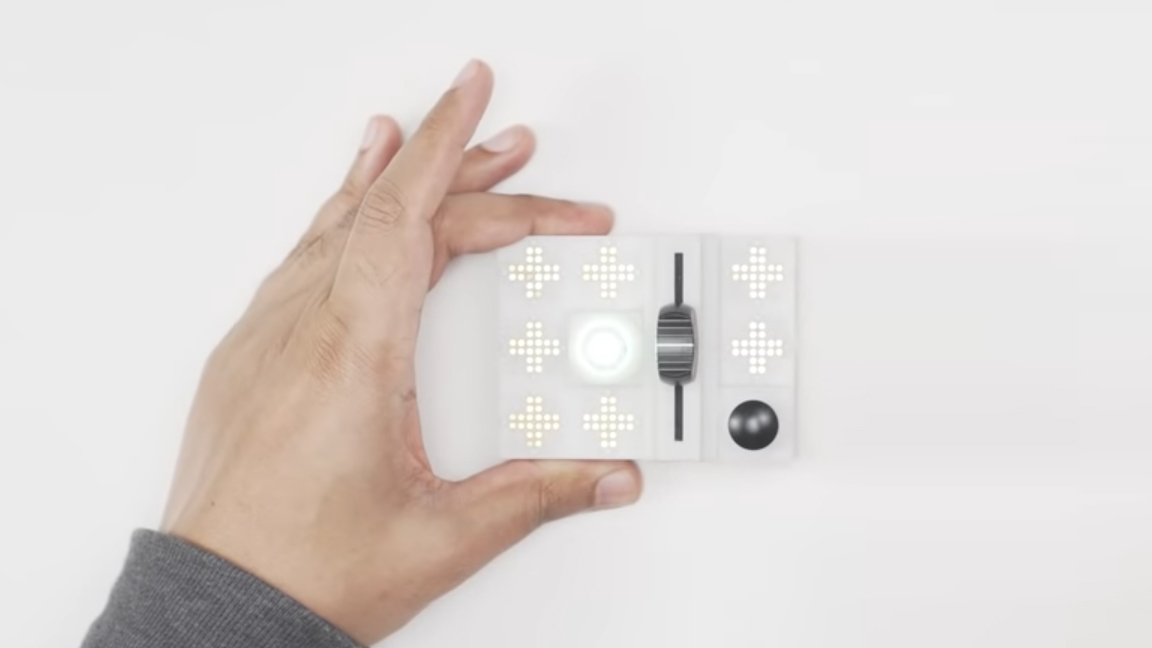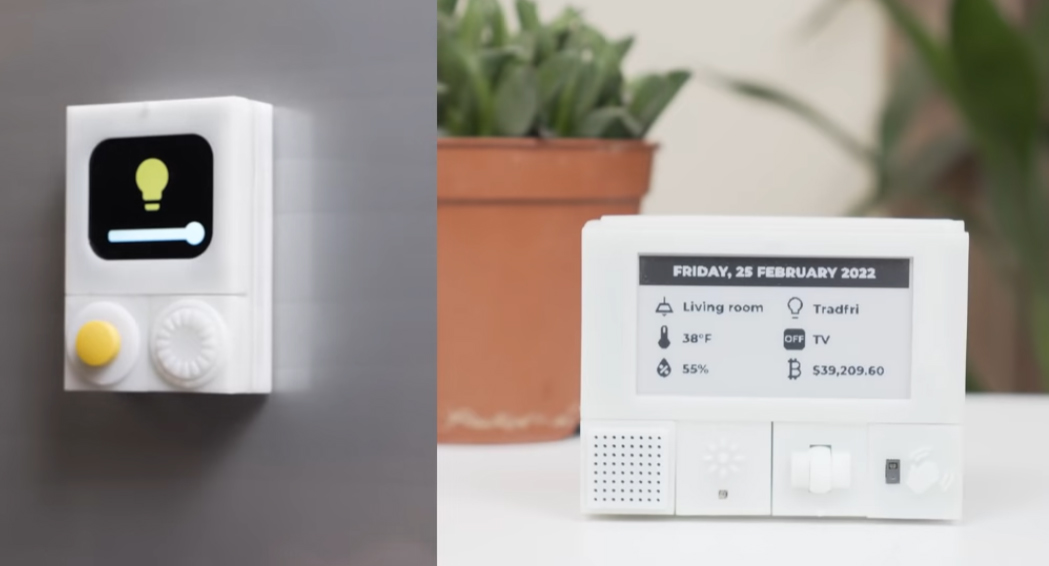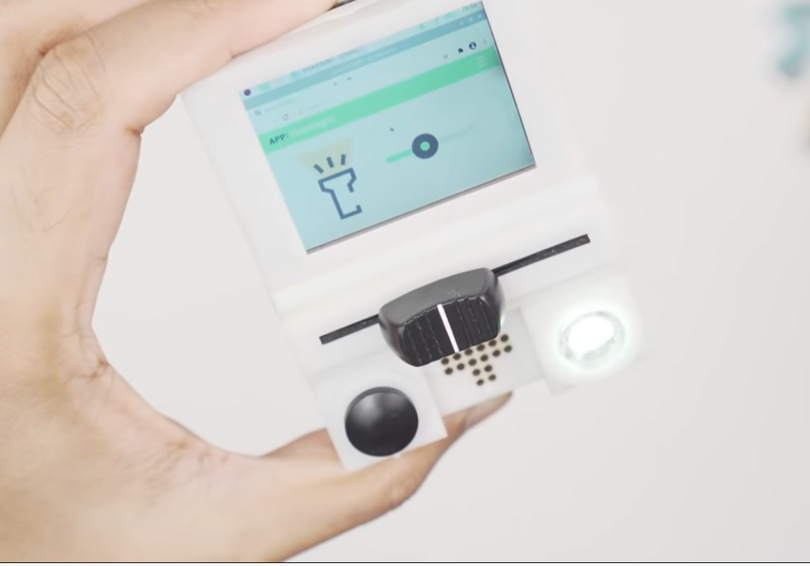Raspberry Pi Modular Mini PC Pockit Now Uses Compute Module 4

One of the biggest reasons to use a Raspberry Pi is arguably its GPIO support. Adding and removing modules on the go to suit your project needs is at the core of its creative nature and it has spawned a growing market of add-on boards. Developer Anil Reddy seems to have taken that idea to heart with his modular mini PC creation known as Pockit.
We first covered the Pockit project in March of 2021 when Reddy first announced support for the Raspberry Pi Compute Module. It was still an early work in progress, but the concept was well underway and demonstrated impressive potential with the Compute Module 3+ board. The switch from the Compute Module 3+ to 4 is quite an undertaking, given that the form factor and pin connections were changed for the Compute Module 4. This change brought about extra GPIO connections for PCIe devices and enabled the Compute Module 4 to feature onboard Wi-Fi.
Users interact with Pockit by adding and removing blocks in real-time. These blocks could have a screen, keyboard, buttons, LEDs, switches, slides and more—each with different sizes that can be combined in various configurations and combinations. Reddy considers the Pockit as more of a dev tool that can be used for prototyping Raspberry Pi project ideas quickly.
According to the official website, the Pockit board has dual processor support using both an ESP32 and Compute Module 4 with an STM32 microcontroller. There are more than 80 blocks to tinker with that connect to a predefined grid magnetically. It’s portable, using a rechargeable Li-ion battery for power, and can interface wirelessly with both Wi-Fi and Bluetooth.
Reddy explains that Pockit uses an application predictive algorithm to determine the initial behavior of blocks. In a demonstration video, Reddy shows how multiple blocks can work in tandem. Using multiple LED matrix blocks together Reddy created a large matrix array that could function as one and even used Alexa to trigger a few relays.


If you want to get a closer look at this project and learn more, check out the official Pockit website. The original project thread over at Reddit features questions answered by Reddy about Pockit in greater detail under the username Solder_Man. Be sure to watch the demo video over at YouTube, as well, for an exciting demonstration of its capabilities.
There are plans in the works to sell kits for interested parties in the future. In addition, users are invited to share their email on the Pockit website to receive updates about the progress of the project and notifications about kit availability.
Get Tom's Hardware's best news and in-depth reviews, straight to your inbox.

Ash Hill is a contributing writer for Tom's Hardware with a wealth of experience in the hobby electronics, 3D printing and PCs. She manages the Pi projects of the month and much of our daily Raspberry Pi reporting while also finding the best coupons and deals on all tech.
-
blitz120 Where is the software for the modules stored? It seems that each new module type likely needs a library update.Reply